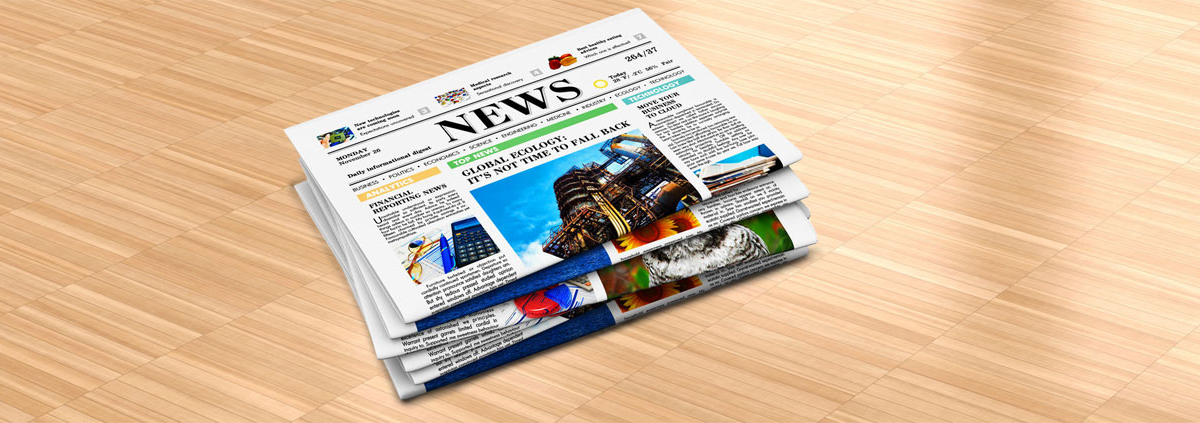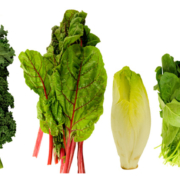Don’t Fall for a Bad Headline
The headline of the Life and Culture section of my local newspaper was this: “Supplements Are a Scam.” You know that has to get my attention. Wouldn’t it get yours? Most of us take dietary supplements every day, so I read the article.
To paraphrase the opening, it went something like this “Wake up people! There are conspiracies about vaccinations and fluoridation floating around the internet. Why aren’t you pulling back the curtain to see the fraud right under your nose! They are selling you snake oil and you’re giving them a free pass. Who? The supplement industry, of course.”
The article contained some of the same-old, same-old arguments that we always see in these articles; more about that later. The question I always begin with is: “Who is doing the writing and how qualified are they?” This author has been writing about health for major newspapers and magazines for over 20 years. If she’s lasted that long, she must be a decent writer.
But does she have a solid background in science and nutrition? She got her undergraduate degree in English. That’s it. I’m not trying to be snooty, but that puts her into the category of someone who is self-taught. Whether it’s a person who was on death’s door but recovered when they discovered a supplement or diet that helped them or someone who’s a journalist as the author is, they need solid basic science and nutrition education and training. If not, they don’t know if they are asking the right questions, and that’s often a problem when it comes to nutrition research. As I’ve stated many times before, even those who do have health training often don’t ask the right questions but have no problems sharing opinions.
Are supplements a scam? Short answer: no. We’ll look at the claims the author made on Thursday.
What are you prepared to do today?









